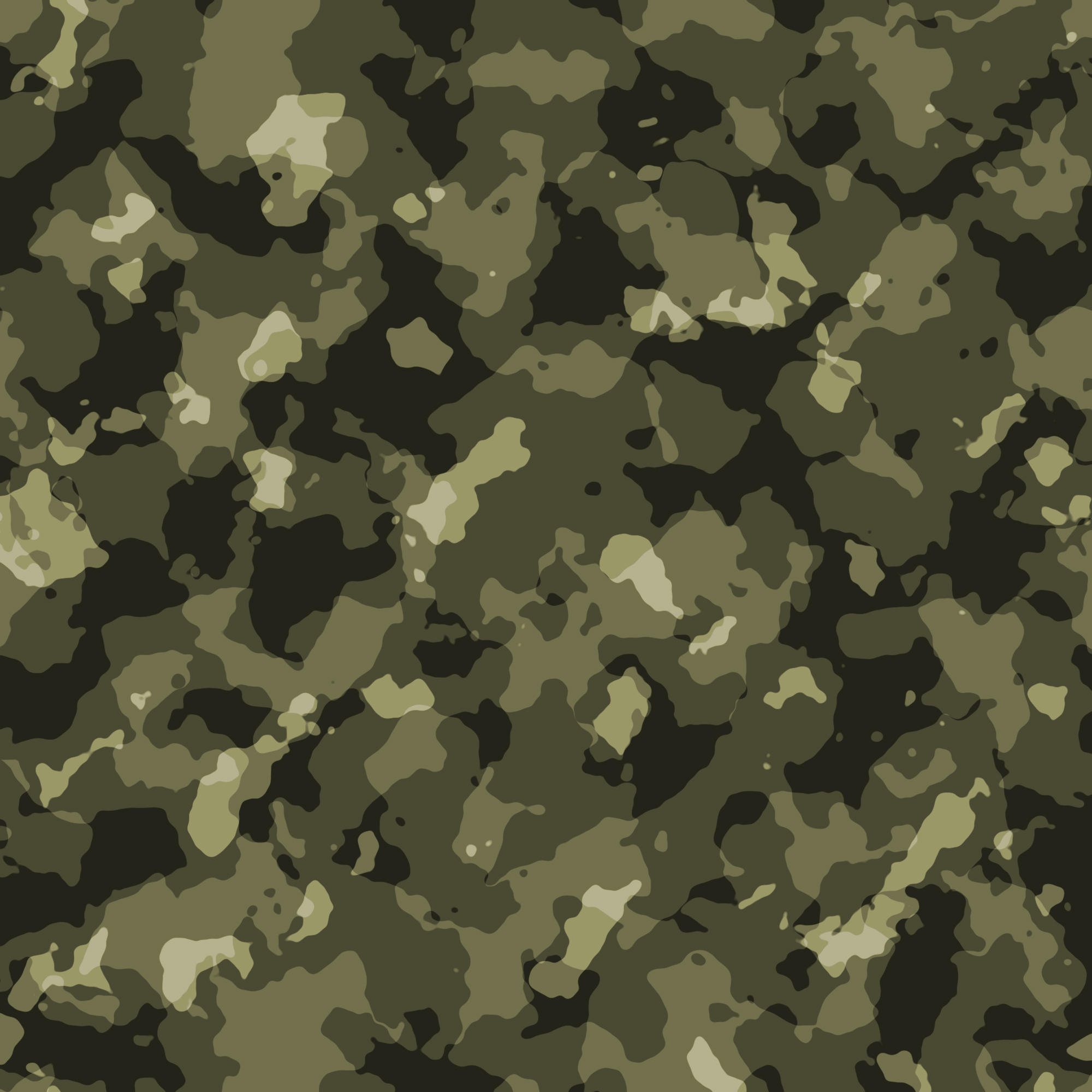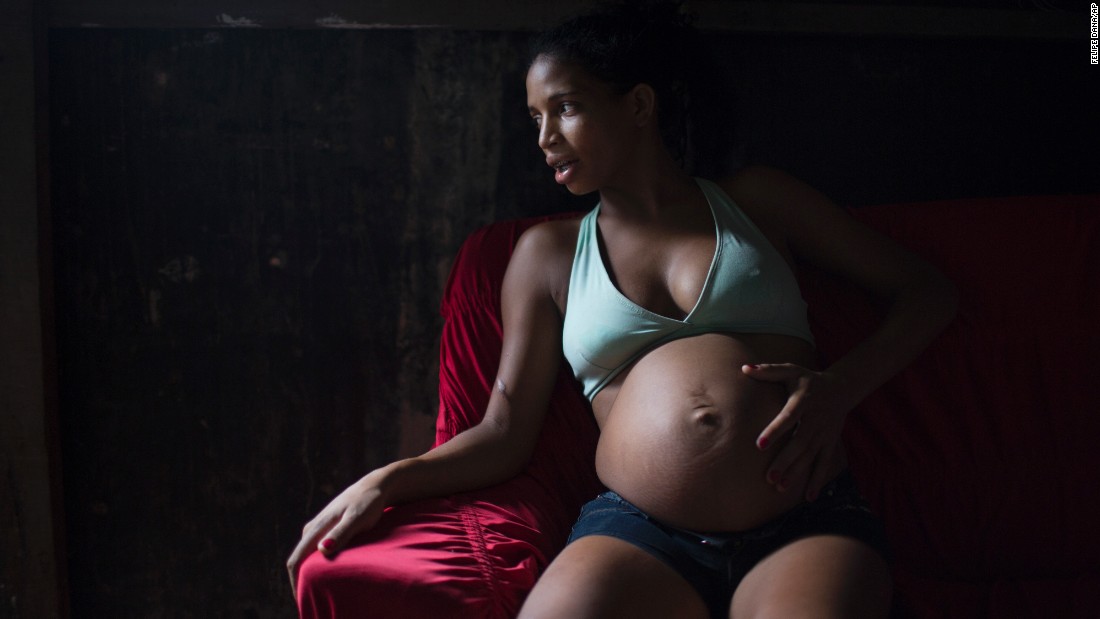The Last Peanut Vendor of Shanghai
Siyu (i as in ‘sir.’ u as in ‘you’) = Thinking about the world
Jintian (i as in ‘in.’ tian as in ‘tea on’) = Today
Last night’s rain
was still cool to the touch.
In his lush and tiny patio, Siyu stooped to comb his hair in the mirror
of a little puddle. Peaking over orange rooftops was the sun.
He greeted it as he brushed his teeth. He listened to the familiar tweets
coming from a bamboo bush and closed his eyes softly to welcome a new day.
In his lush and tiny patio, Siyu stooped to comb his hair in the mirror
of a little puddle. Peaking over orange rooftops was the sun.
He greeted it as he brushed his teeth. He listened to the familiar tweets
coming from a bamboo bush and closed his eyes softly to welcome a new day.
Cracking the shell of a peanut, Siyu reached into the bamboo bush to
open the arched door of a bird cage. His friend flapped and chirped and stretched toward the door to
welcome breakfast. One peanut a
day. As she chomped, seeds of sesame and
sunflower and fresh water were added. Her
name was Jintian. As with many quiet
mornings, Siyu and Jintian whistled songs of ole and new together. Life was in perfect balance. For now.
Now. In-between the past
and what is to be. Are you aware of the rushing of now, now?
Siyu and Jintian could remain in this little patio forever, with
its potted plants, wet stones and bamboo.
But the sun was above the roofs now.
Time for them to leave for work in the other place they loved to be—at
the corner where Siyu sold peanuts. His bicycle and cart were packed, awaiting to
go. A careful hill of peanuts. Sticks of
dry plum wood to roast them. Jintian’s bamboo cage gently looped over Siyu’s
handle bars. The corner was not far, yet they still left early to fan the fire
to roast fresh peanuts. A
lucky man was he, Siyu knew, for he was the last peanut vendor of Shanghai.
Every morning, like a ritual, Siyu would ride his peanut cart
under the canopy of a sea green magnolia tree and hang Jintian’s cage. She believed it to be the best of all
possible worlds, chirping with glee, safe and shaded by the leathery leafs of
her domed canopy. She sang songs to
Siyu’s voice as he called out, “Peanuts!
Glorious peanuts!”
Siyu valued his work. How he served others such a wholesome snack.
How morning dew drips formed on leaves with glimmers. How he knew where his
customers came from as they approached on the clean-swept bricks. How the
severe heat of fire could be controlled to create a harmless treat. How boys
and girls who stopped for peanuts would share a lesson learned at school. Siyu
believed that everyone had a lesson to give.
When the city’s rushing noises rose, he would close his eyes
softly to be very awake to the sounds of his corner. Its trees gathered the buzzes, rustles and
chirps of the morning. Maybe a stealthy
stray kitty, or screaming cicada, but always the calming tweets of his special
friend.
“Peanuts! Glorious
peanuts!”
Siyu earned his living with pride. Each of his peanuts was handsomely shaped
with a squeeze in the middle and perfectly toasted for a tasty crunch. Scooped into a mountain, they sent a wee,
wispy smoke into the cool, bricked corner.
Both the busy and the sauntering were tempted to stop and linger when
their noses perked up at the aroma. Siyu
watched smiles develop on his customers’ faces as he scooped hot ones from the
center for adults and warm ones for children, taking care to wrap them in a
perfect newspaper cone.
Children stopped to smell the roasted peanuts on
their way home from school. They would
say hello to Siyu and wait for him to ask each of them a question. His bushy eyebrows made them smile. His stories were remembered. His chuckle arose in their dreams. They took turns buying a cone of peanuts and
sharing on the way home. Through the
years, Siyu managed to embolden every child to share his or her story. Except one little boy.
Just one—the boy whose eyelids lowered to keep
others out. Who was more shy than a single
peanut wrapped in its own shell. Siyu
tried to help him open up. This young
man was a tough nut to crack. But there
would be many tomorrows to ask him just the right question.
“Peanuts! Glorious
peanuts!”
Again and again.
Siyu’s work selling peanuts on this corner was certain, as many
yesterdays made it so. Certain like a
ritual. But there was one unsure notion
Siyu could not close his eyes to.
His neighborhood was losing the rhythms of
yesterday, from the whiz of spokes to the slow sipping of tea. Siyu often closed his ears to the hum of air
conditioners and honks, wondering about tomorrow. The air around his cart had amplified with
the hammers, grunts and blasts of building.
All of Shanghai had changed around him. The China of his adulthood was a different
land than that of his boyhood. The
friendly man who owned a little restaurant at the corner always said that
things were getting better. Only happy
chirps from Jintian assured Siyu of continuity.
Continuity, when yesterday is found in
today. Siyu treasured it.
When he was 8, his family boarded a train to find
that kind of treasure. The train was bound for Qufu, where the Kongzi family
lived. “Kongzi” is Chinese for “Confucius.” Confucius was a wise man who lived
24 hundred years ago. He set straight the instructions for living in harmony.
Confucian temples were all over the country, but Siyu’s father said the one in
Qufu was special. They would meet the man who ran the temple, Mr Kongzi, who
was directly descended from Confucius himself almost 80 generations later. Siyu’s
mother and father wished the family to build continuity by observing Confucian
ways. They also had a secret to share.
Siyu remembered the train trip…
Pressed to the window, my eyes grew wide to see
the masses of people bending together in the fields. It was as if they were dancing on a stage,
creating something magnificent. And they
were: “Food out of dirt!” Mother confirmed.
Father pointed out tall furnaces as we passed. Stacked beside them were old bicycles, wires,
pots and pans waiting to be melted down.
He taught me how metal was made and how a man named Mao would make
tractors and even airships if the furnaces burned hot enough. Mother explained
to us all, with zeal, what to look forward to in a new China.
I asked my father why we were taking such a long
journey just for a temple. So he told me the secret: They had bowed together
many years before in the temple, asking for harmony in their future. It was time, he said, to teach my brothers, sister
and me what his parents had taught him.
And so, the train arrived.
How excited I was to see where my parents had begun
our family. This is where they worshiped heaven and earth and the ancestors and
served tea to the family elders. And where I would meet Kongzi himself!
How shocked we were to find the temple closed! Mother read a sign that said it was sealed by
authorities and that it was against the revolution to enter. Security forces brusquely escorted us away
from the gates. For the first time, I
observed the face of my father growing downcast. Mother watched too. Something was very wrong, I sensed, for the
family cut short our visit and returned home.
Downcast.
What your eyes do when they follow a mind that can’t look forward
anymore.
Upon arriving home, Father began to spruce-up
the small shrine in their bedroom, carefully out of view from visitors. Even mother set out framed photos of her
grandparents, their faces lit by a candle. As in other homes, a portrait of Mao hung in
the living room. Yet even mother didn’t
carefully dust his frame as she had before the trip.
Father’s eyes would close when kneeling before
our ancestors. I enjoyed hovering near
the wispy rise of incense burning at the shrine. I would kneel too, considering the ritual
ways my parents taught. But I would not
attempt to visit a real temple for many, many years.
Many, many years, with so much alive in my
memory. I remember Father’s squinting
pride when I bought my own bicycle cart with a roasting furnace for
peanuts. This pleased Mother too, for
she believed peanuts offered perfect nourishment directly from the earth. She made up a story of peanuts for me about a
new China forming from the sweat of the peasants who planted them. Energy in the form of peanuts would arise
from dirt from the farmers’ labor. Like two peanuts in a shell, we all could be
held close in the ritual of family. But
in society, there was no us or them; we were all in the same nutty pile in the
end.
Years later, Siyu’s parents grew too old to live. Jintian would appear in his patio, chirping
from the bamboo bush. Siyu offered a
bird cage with an open door and his company.
Peddling up to his corner this damp morning,
Siyu looked forward to what he savored in his life: Predictability. That is why what he saw was shocking.
In his ears, noises, quick and banging. In his eyes, crumbling, scraping and trucks
off-loading barriers. In his chest, a
pounding. In his head, confusion, as workers
barked for him to move on. “Demolition
Area, by Order of the Municipality of Shanghai,” a sign read. School children were crossing the street to
avoid the chaos. The restaurant owner
was untying the last lantern from outside his door.
Days before, the restaurant man had told Siyu
about the future. And now it was here: The
entire neighborhood would be demolished.
A glorious glass restaurant and hotel expansion were planned. Opportunities would come, the restaurant man
believed: People would get apartments in
the sky with washing machines, TVs and views.
Siyu could run his own snack shop if he gathered enough “capital.” But Siyu
was doubtful and he did not know what “capital” was.
Siyu waved both hands and called to the
restaurant owner. The man’s silver watch
flashed bright under the overcast sky. He could not hear Siyu over the chaos.
Police officers approached Siyu to help him
leave the area. One gently escorted him
by the arm as the other took his bicycle and cart. There was nothing he could do but look down
at his corner’s gravel and grime as he was shuffled past the demolition.
He
was led over great sheets of steel, brushing by lines of construction workers
exiting buses and around the block to a side street. Siyu spun around with wide eyes to look for
his cart. Sure enough, rounding the
corner was his bike and cart, pushed by the police officer with a face bent out
of shape. Siyu saw why. The door to the bird cage was wide open and
Jintian was gone! The restaurant man
whizzed past in his automobile and flashed a smile.
Both
officers blocked Siyu from going back.
Not even pleading could convince them.
Out of breath, he bent at the waist to put his hands on his knees. The thundering of the city weighed loud upon
his body. He wished that Jintian would
not spend the night alone.
Where
would she go? Disheartened, he wondered
if she would find her way to the countryside.
What would she eat? How would she
find peace? Maybe a tree somewhere in
Shanghai? Please, he hoped, do not try
to go back home to the bamboo bush!
Disheartened. Have you felt that way? Imagine the people and places and customs you
treasure. How does your heart feel when
you close your eyes and picture them gone?
Siyu
felt this way. Jintian was gone. So was their corner, their patio and the
whole neighborhood.
The
faces of schoolchildren would now appear in shiny shops, eyeing colorful
candies behind glass. Siyu would have to
move away. His bicycle and cart would
not fit in an elevator. No corners
remained in Shanghai that would welcome a simple peanut vendor.
People
of his block were temporarily moved into an apartment building across the
street. Siyu took the stairs to his apartment
on the 4th floor. For a week
he watched the demolition from the window.
Dust, tea, scrapes and tears. On
the far end of the block was the dirt he used to live on. Then, for a month backhoes and bulldozers dug
a massive hole in the earth. Never
before had Siyu been so attached to an empty space. What phony mountain would be built from the
earth that was stolen away, he wondered?
A banner along the demolition area fence read “A Future of Opportunity
Awaits. Do Not Close Your Eyes.” But it was too late.
“Peanuts. Glorious peanuts,” he murmured.
Three seasons later, the building had risen. A few trips across the street were needed to
move Siyu’s belongings into the glimmering skyscraper. His new apartment looked empty. Instead of a patio with bamboo and stones there
was a view. Down at the street, in front of his shimmery new restaurant, the owner
stood smoking while looking into the mirror of his phone. He wore a gold watch that glimmered under the
grey sky. It was unclear if he remembered Siyu at all when he walked past.
From
his window eight stories up, he saw a vast expanse without a peanut vendor. Was
the boy with lowered eyes who did not speak somewhere down there? As the city
swarmed, did it have a chance to speak up for its own good? Would the far away
temple not be choked by the dust and smog of change? Was Jintian alone on a
pile of bricks, wondering too?
One
day, on the anniversary of his father’s death, Siyu lit a candle by the photo
of his parents. He remembered the sad
day when his Father’s face grew downcast.
It had been so many years. So
much had changed. Siyu made his
decision. From his window, he studied where to go, then hurried down eight
flights to jump on his bicycle in the direction of the old temple.
Peddling
in thick traffic, Siyu barely had room in his head to think. Would he feel
silly to be there? How useless would the statues seem? How meaningless the rituals?
Should he turn around?
When
he found the temple and climbed its stairs, those noises of the city were
forgotten. Words of Siyu’s father came
to mind. The courtyard of the temple was
lively, peaceful and harmonious. There was brightness and darkness, warmth and
coolness. Some practiced tai chi, others
meditated or held up incense to the four directions. Friends played Chinese chess in the corner of
the courtyard. It was a living space.
Cypress
and magnolia trees surged into the sky.
Ivy crawled up toward ancient decorated beams. Pools of water spilled
out generous leaves of lotus. Siyu’s eyes grew wet too.
Tears.
Sad with memories, courting surprise, alive with beauty. Have you felt such
tears?
Up
through the branches and bamboo, birds danced in shapes carved by wind. Their sounds in flight greeted Siyu as he
breathed deeply in gratitude for finding such a place.
Across
the temple courtyard, he recognized the shy boy in his own shell. He was now a
young man with eyes making contact with those around him. In fact, he seemed to
crack a joke, and his friends erupted in laughter.
It
was a happy sound indeed. He sat on a
bench to gaze into the branches where a new family of hatchlings stretched
their necks toward the sky. A parent
flew into the nest. It was the same kind
of bird as Siyu’s old friend, Jintian.
They gazed at each other.
Could
it be? Siyu stood up, his mouth agape at
the possibility. He breathed in deep with hope.
Stretching out his arm, palm up to the nest, he closed his eyes to
remember. He recalled the songs they sang
together before so much had changed. Siyu
could almost feel the tiny weight of Jintian in his fingertips. A long time
passed.
Then,
light waves of air blew over Siyu’s palm from the flapping of wings. His eyes opened to cheerful chirps arising
from his open hand. It was Jintian!
There
were stories to tell. Songs to sing, free in a new age of life, yet captive in
one another’s wide eyes.
Nowadays,
Siyu peddles his bicycle to the temple courtyard as the sun appears between the
high rises. He plays a game of cards
with new friends. He chats with the man
who once was shy and young as they wipe clean the shrines together. Then, contemplation in the courtyard, as
incense hovers and car horns are hushed by the high walls and chirps
above. Siyu brings a few peanuts every
day for Jintian and her family. As he
holds out his hand, his eyes close and soft wings of yesterday blow over his
memory.
Memory.
Decorating the now with yesterday. “I wasn’t the last peanut vendor of Shanghai,”
he realized. “There were two of us.”
So
much had changed. So much stays the
same.






